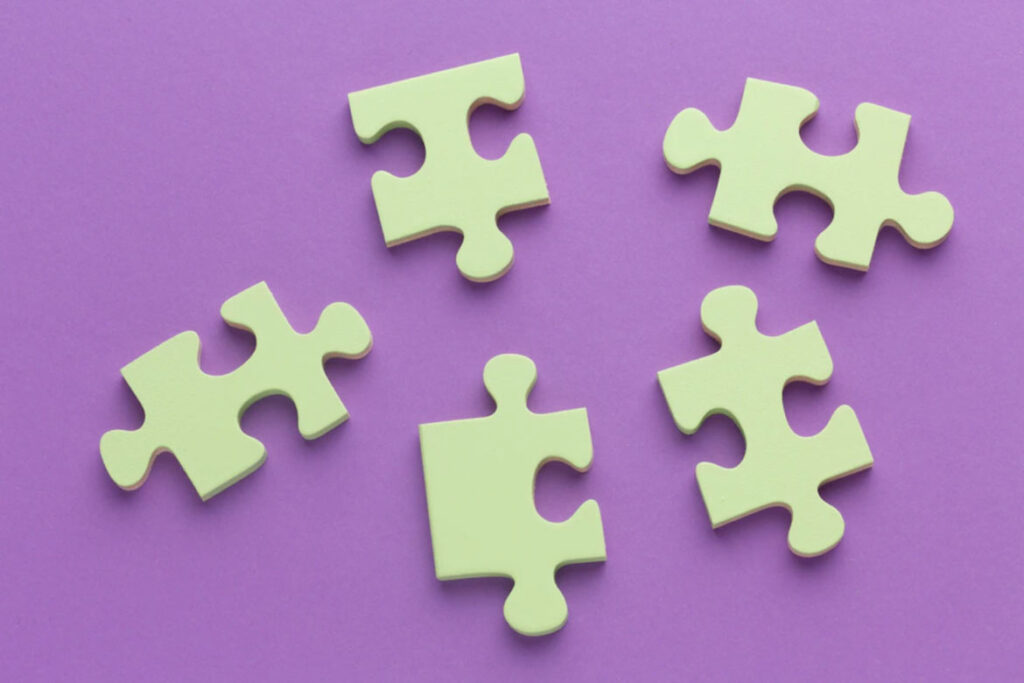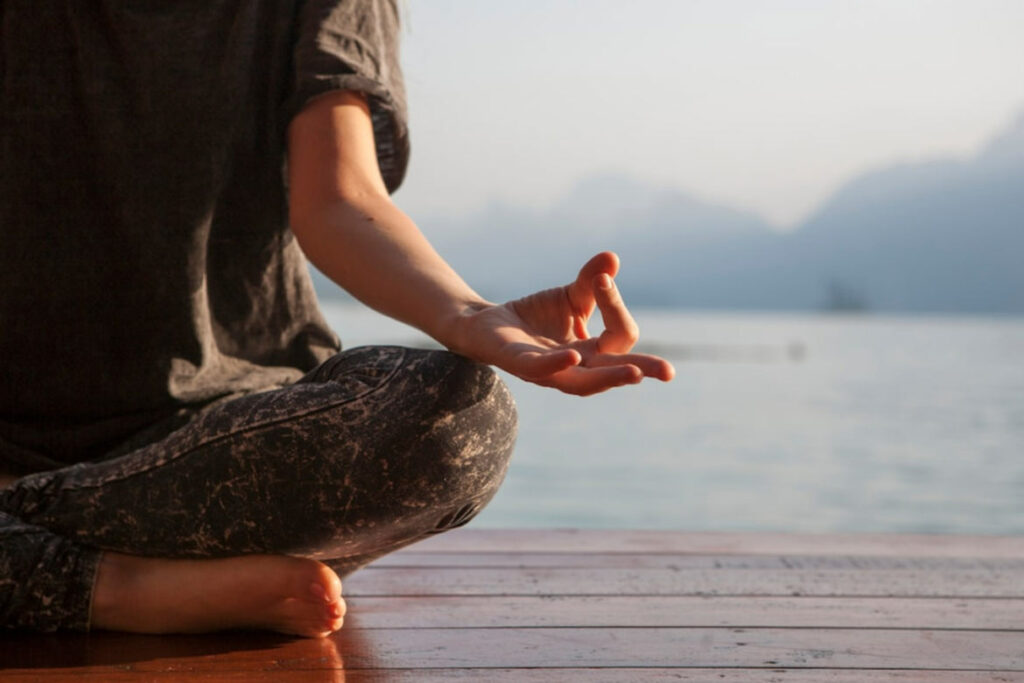The proverb “use it or lose it” applies to both our physical and brain health. We are aware of the need of staying physically active on a daily basis, especially as we age and try to reduce our chance of getting sick and other aging-related health issues.
The ability of our brains to withstand neurological damage brought on by ageing and other factors without slowing down or losing memory can be helped by both physical and mental exercise. Here are some simple, enjoyable, and efficient methods for improving memory.
Don’t live in dim light:
Let’s begin with this one since it is the simplest. Researchers from Michigan State University looked at whether Nile grass rats were better at remembering things whether they were housed in situations with lighting that resembled a corporate office or environments that resembled a sunny day outside.
According to the study, rats under low light conditions “lost roughly 30% of capacity in the hippocampus, a critical brain region for learning and memory, and performed poorly on a spatial task they had previously trained on.”
Solve crossword and jigsaw fit puzzles:

The results were published in the journal NEJM Evidence by D.P. Devanand and Murali Doraiswamy, professors of psychiatry and medicine at Duke University and Columbia University, respectively. They claimed to have spent 78 weeks researching 107 volunteers.
Simply put, they found that test subjects who were frequently asked to solve crossword puzzles outperformed those who were asked to spend a comparable amount of time playing video games in terms of memory loss (or lack thereof).
It doesn’t matter if you’re putting together a 1,000-piece picture of the Eiffel Tower or joining 100 pieces to make Mickey Mouse, working on a jigsaw puzzle is a terrific way to exercise your brain.
Completing a jigsaw puzzle involves several cognitive functions and has been shown to postpone the onset of visuospatial cognitive ageing. In order to put together a jigsaw puzzle, you must take into account different pieces and evaluate how they fit into the bigger picture. This can be a great way to challenge and develop your thinking.
Recall from your memory:
Learn it by making a list of everything you require, including tasks, food, and everything else that comes to mind. After an hour or two, count the number of items you can still recall. Make the list as challenging as you can for the most cerebral stimulation. A study found that making and organising lists may help older people remember word lists.
Dance your heart out:
It is proven that learning new dance steps can enhance memory and processing speed. Or, to put it another way, stand up and dance—your brain will love it. Dance not only involves the physical movement but also let you remember different steps, which ultimately enhances memory.
Take up culinary lessons:

Sign up for a culinary lesson and learn a new cuisine. We use multiple senses while cooking, such as smell, touch, sight, and taste, which activates several brain regions. You’ll also use cognitive skills like organisation, multitasking, problem-solving, making a grocery list, and meal planning.
Make calculations in your head:
Avoid utilising a computer, pen, or paper to solve problems. In a small study that was published in Advances in Experimental Medicine and Biology in 2021, doing math problems seemed to enhance participants’ cognition. You can make this action more tough and sporty by walking at the same time.
Draw a map from memory:
After visiting a new location and returning home, try to draw a map of the surrounding area. Repeat this task each time you travel to a different location. Earlier studies on London cab drivers, who must memorise the complex city layout, discovered that effective memorising led to long-lasting changes in brain structure and enhanced cognitive performance.
Boost your lexical knowledge:
Increasing one’s vocabulary is a great way to learn more while keeping one’s mind active. Making a note of unfamiliar words when you read or watch television is an easy way to increase your vocabulary. The term can then be searched up in a dictionary to determine its definition, and possible sentences that might use it can then be thought of.
Practise meditation:

Read more: Brain Stroke: Look for these early warnings; here’s how to prevent it
In general, meditation entails calming, controlled attention concentration. The benefits of meditation on the body and the brain may be numerous.
Research suggests that meditation may improve the brain by reducing brain ageing and improving information processing speed, according to the National Center for Complementary and Integrative Health.
Practice Visualisations:
A review of 2018 Visualization helps with information organisation and sensible decision-making, claims a reliable source.
Practice of visualisation can be incorporated into daily tasks. Before going shopping, for instance, people can plan their route to and from the grocery store as well as the products they will purchase there. Visualizing the situations as clearly and exactly as you can is the key.
